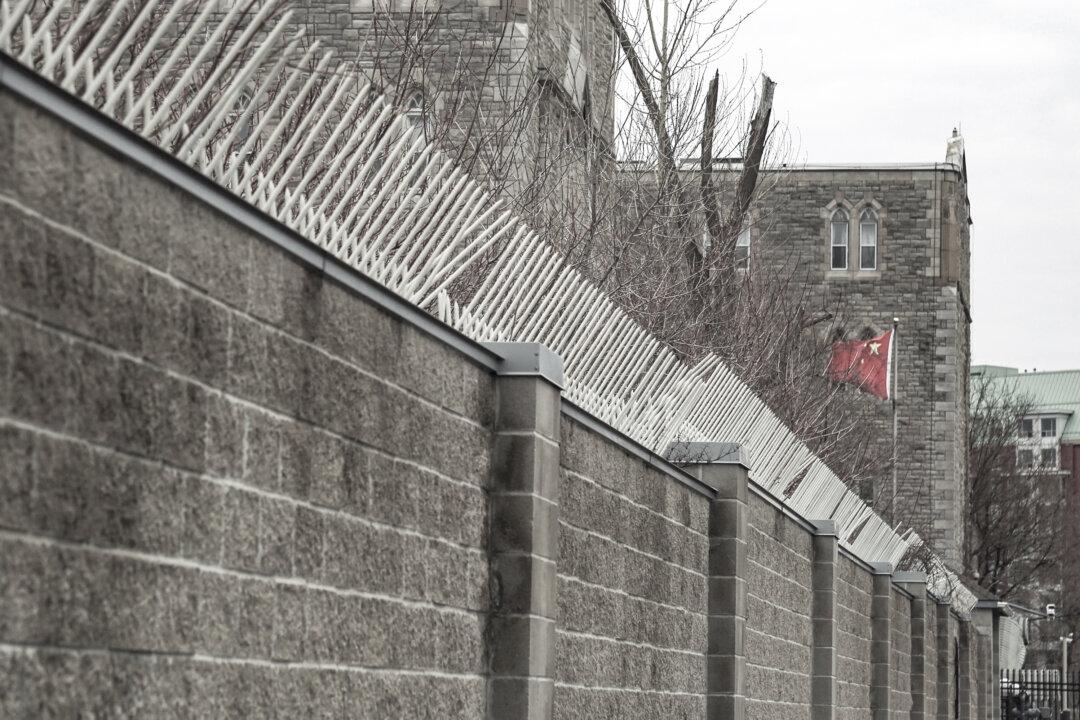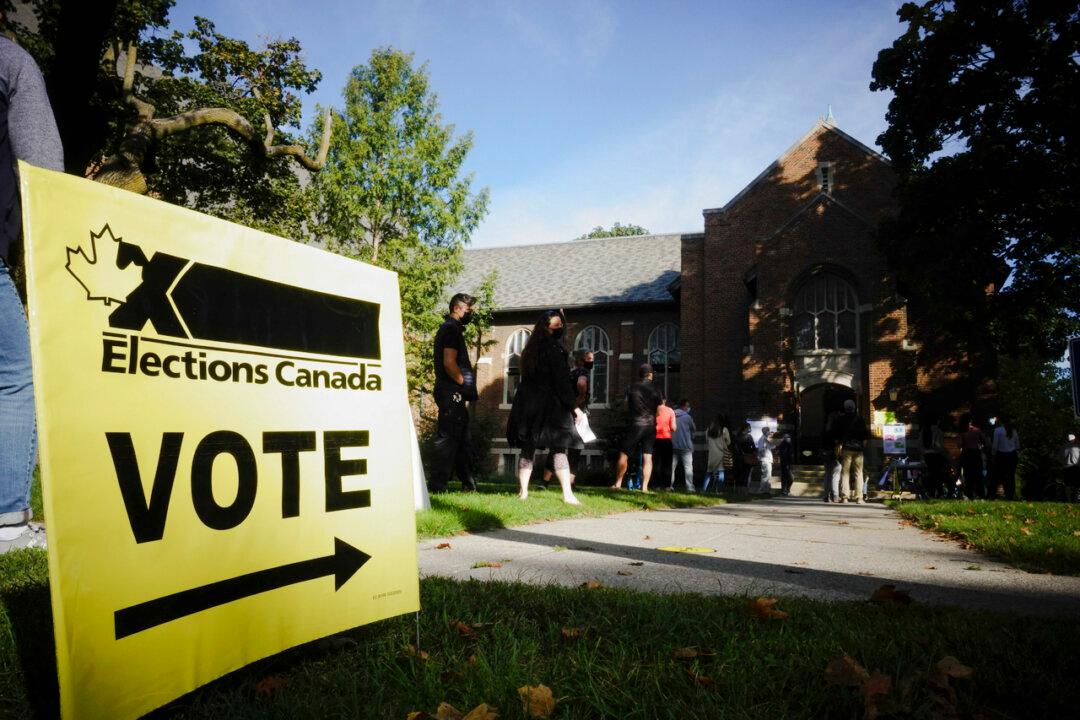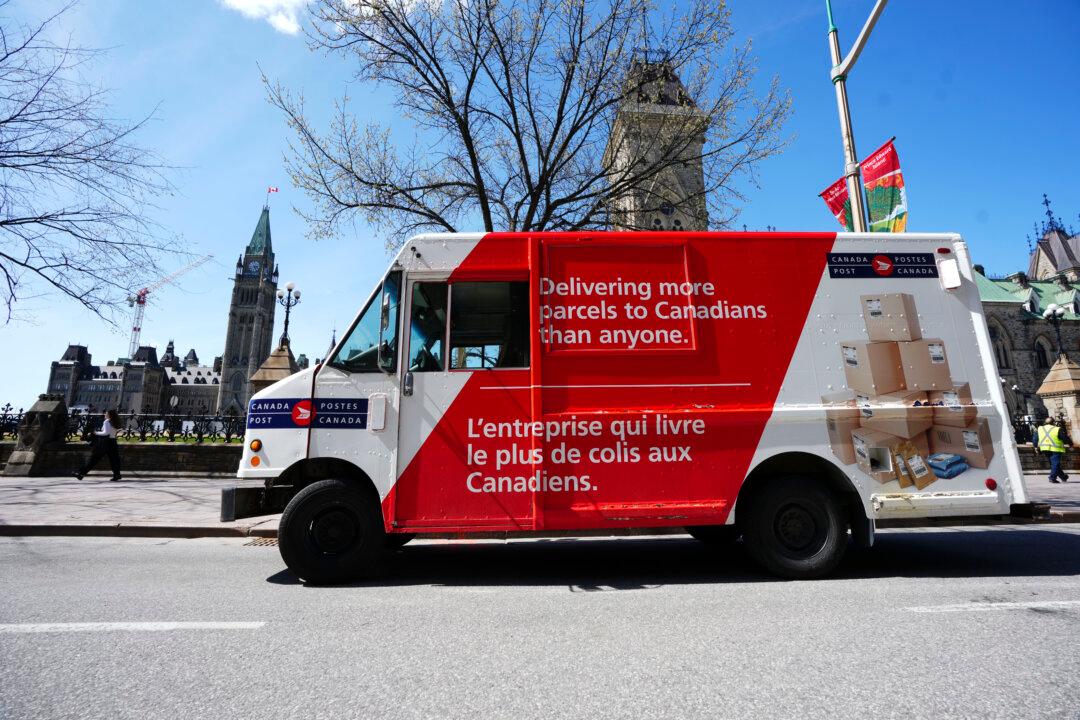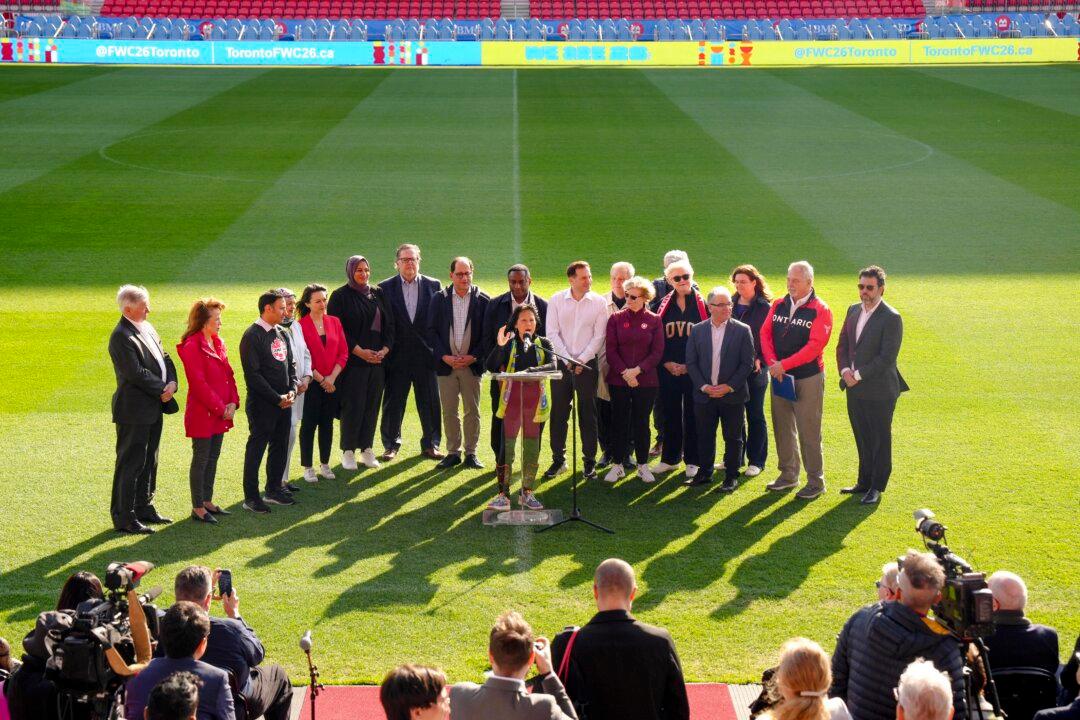Commentary
David Johnston was appointed special rapporteur by Prime Minister Justin Trudeau in March to look into allegations of Chinese interference in Canada’s election process. The former governor general has apparently met with Trudeau, NDP Leader Jagmeet Singh, and Bloc Quebecois Leader Yves-François Blanchet to discuss his role and mandate.





